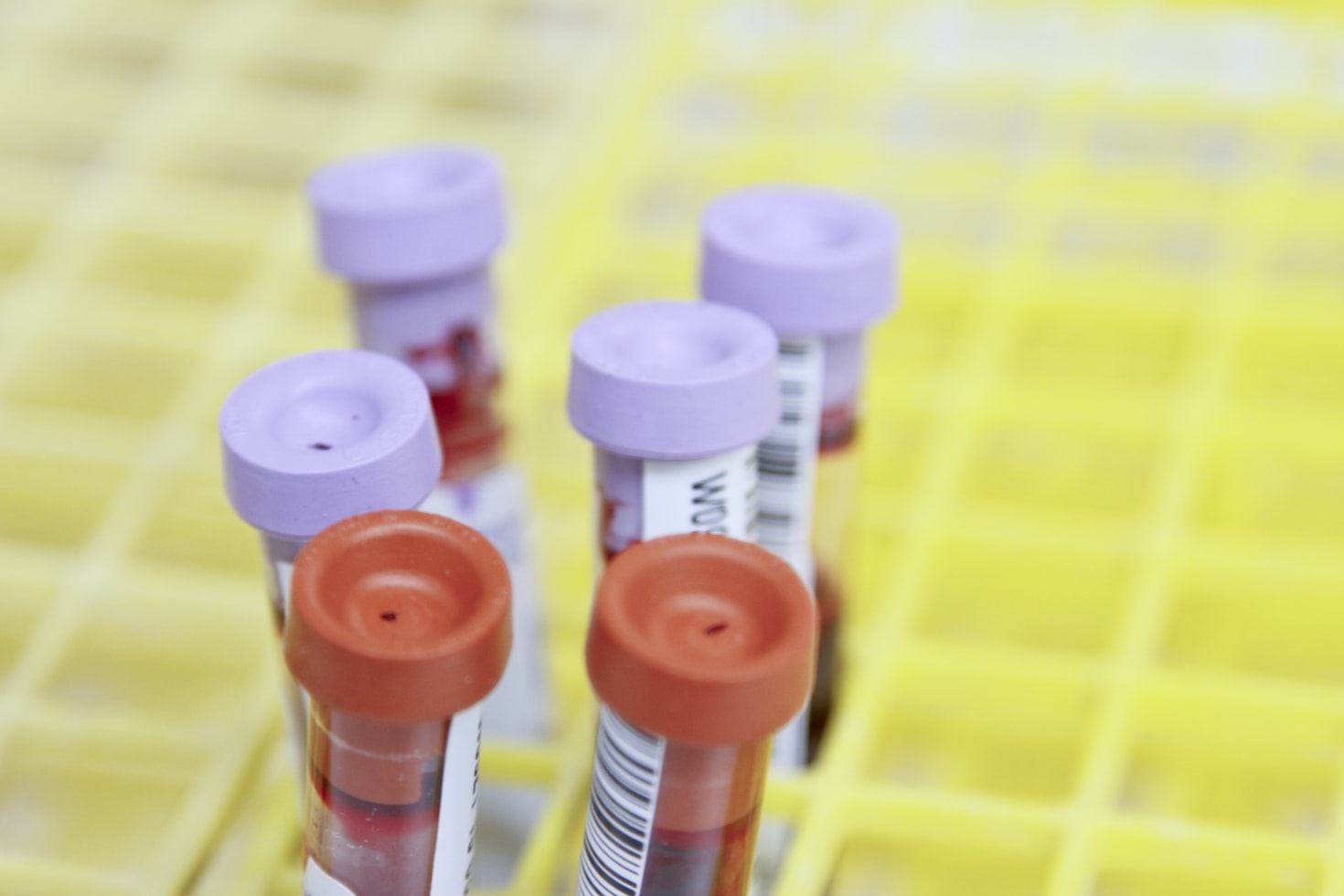Does Ketosis Make You Cold?
When following a ketogenic diet, one of the common concerns that people have is whether ketosis can make them feel cold. Ketosis is a metabolic state in which the body primarily uses fat for fuel instead of carbohydrates. This article will explore the relationship between ketosis and feeling cold, examining the scientific evidence and providing valuable insights to help you understand this phenomenon.
The Science Behind Ketosis
Before delving into the topic, it is essential to understand the science behind ketosis. When you consume a low-carbohydrate, high-fat diet, your body enters a state of ketosis. In this state, your liver produces ketones from fat, which become the primary source of energy for your body and brain.
During ketosis, your body’s insulin levels decrease, and your fat stores are broken down to release fatty acids. These fatty acids are then converted into ketones, which are used as fuel by your cells. This metabolic shift from using glucose to ketones is what characterizes ketosis.
The Role of Thermogenesis
Thermogenesis is the process by which your body generates heat. It plays a crucial role in regulating body temperature. When you consume carbohydrates, your body breaks them down into glucose, which is used as the primary source of energy. Glucose metabolism produces more heat compared to fat metabolism.
When you transition to a ketogenic diet and enter ketosis, your body’s reliance on fat for fuel increases. As a result, the thermogenesis process may be slightly reduced, leading to a potential decrease in body temperature. However, it is important to note that this decrease is typically minimal and not significant enough to cause discomfort or health issues.
Factors Influencing Body Temperature
While ketosis may have a slight impact on body temperature, it is essential to consider other factors that can influence how warm or cold you feel. These factors include:
- Ambient temperature: The temperature of your surroundings can significantly affect your perception of warmth or coldness.
- Body composition: Individuals with a higher percentage of body fat tend to feel warmer than those with lower body fat percentages.
- Activity level: Physical activity generates heat and can increase body temperature.
- Hormonal changes: Hormonal fluctuations, such as those experienced during menopause, can affect body temperature regulation.
- Underlying health conditions: Certain medical conditions, such as hypothyroidism, can impact body temperature regulation.
Case Studies and Anecdotal Evidence
While scientific studies specifically examining the relationship between ketosis and feeling cold are limited, there are anecdotal reports and case studies that shed some light on this topic.
For example, some individuals who follow a ketogenic diet have reported feeling colder than usual. However, it is important to note that these reports are subjective and may be influenced by other factors, such as those mentioned earlier.
In a case study published in the Journal of Medical Case Reports, a 51-year-old woman experienced cold intolerance while following a ketogenic diet. However, it is worth mentioning that this case study represents an isolated incident and may not be representative of the general population.
FAQs
1. Can ketosis cause hypothermia?
No, ketosis does not cause hypothermia. Hypothermia is a severe condition characterized by a dangerously low body temperature. Ketosis may lead to a slight decrease in body temperature, but it is not significant enough to cause hypothermia.
2. How can I stay warm while in ketosis?
If you feel colder while in ketosis, there are several strategies you can try to stay warm:
- Dress in layers to trap body heat.
- Keep your living space comfortably warm.
- Engage in physical activity to generate heat.
- Consume warm beverages or foods.
3. Is feeling cold a sign of ketosis?
Feeling cold is not a definitive sign of ketosis. While some individuals may experience a slight decrease in body temperature while in ketosis, it is not a universal symptom. Other signs, such as increased energy levels and reduced appetite, are more reliable indicators of ketosis.
4. Can ketosis affect my metabolism?
Ketosis can affect your metabolism by shifting your body’s primary fuel source from glucose to ketones. This metabolic shift can lead to increased fat burning and weight loss. However, it is important to note that individual responses to ketosis may vary.
5. Can ketosis cause other temperature-related issues?
While feeling slightly colder is the most commonly reported temperature-related issue during ketosis, some individuals may experience other symptoms, such as cold hands or feet. However, these symptoms are typically mild and temporary.
6. Should I be concerned if I feel cold while in ketosis?
Feeling cold while in ketosis is generally not a cause for concern. However, if you experience severe or persistent coldness, it is advisable to consult with a healthcare professional to rule out any underlying health conditions.
Summary
In conclusion, while ketosis may lead to a slight decrease in body temperature, feeling cold is not a universal symptom or a cause for concern. Other factors, such as ambient temperature, body composition, and activity level, can also influence how warm or cold you feel. If you experience discomfort due to feeling cold while in ketosis, there are strategies you can implement to stay warm. Remember to listen to your body and consult with a healthcare professional if you have any concerns.






